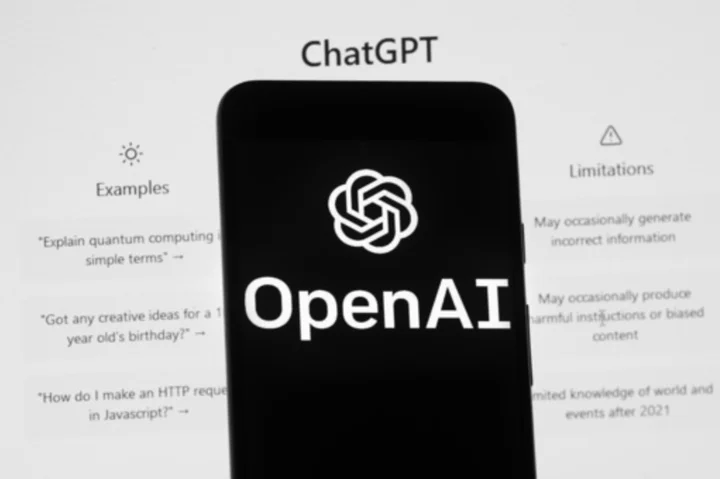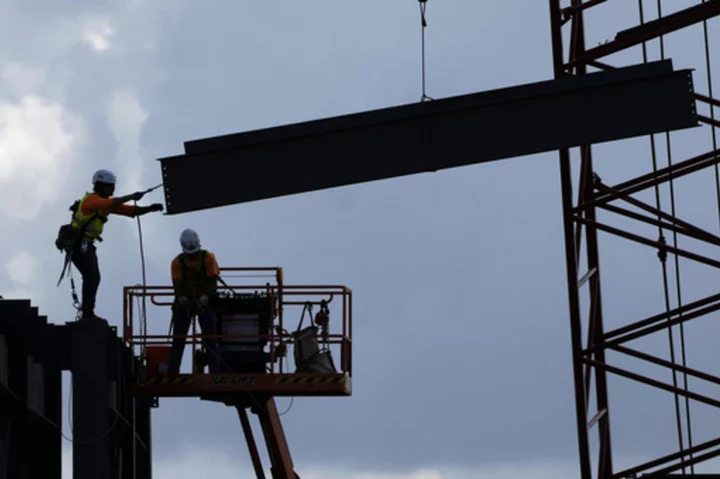SAN FRANCISCO (AP) — Chinese police said they recently detained a ChatGPT user for allegedly using the AI-powered chatbot to create a fake news story about a nonexistent train crash. It's one of the first enforcement actions under a recently enacted Chinese law regulating AI-generated “deepfakes” — seemingly realistic but fabricated digital images, video or other media.
According to a police report from the northwest Chinese province of Gansu, a man identified only by his surname, Hong, used ChatGPT to create a fake news article about a crash that supposedly led to the deaths of nine construction workers in Gansu. Twenty-one accounts on a popular social platform, all owned by a media company based in southern China, spread the fake story within a short period of time.
Like most foreign websites and applications, ChatGPT is technically unavailable in China thanks to the country’s “Great Firewall,” which censors the internet for residents. But determined individuals can gain access via commonly available “virtual private network” software that bypasses the firewall. The police report did not describe how Hong managed to use ChatGPT.
By the time Gansu security officials realized the article was fake, it had received 15,000 views, according to the report. Police subsequently raided Hong's residence to collect evidence and then took “criminal coercive measures” against Hong himself. Police use that phrase to describe temporary measures to limit the freedom of a suspect.
The new Chinese deepfake law took effect on Jan. 10. It bans several categories of fake media produced by “deep synthesis technologies” such as machine learning and virtual reality, but offers only vague definitions for many of these forbidden classes.
According to a translation of the law provided by the crowdsourced site China Law Translate, it prohibits deepfakes used in activities that endanger national security, harm the nation's image or societal public interest, or disturb “economic or social order.” It specifically prohibits the use of such technologies to produce, publish or transmit fake news.
__
AP news assistant Caroline Chen in Beijing contributed to this report.









